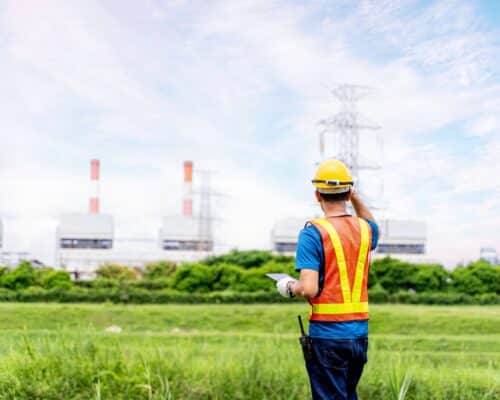Articles

Op-Ed: Southeast Asia at a Climate Crossroads – Will 1.5°C Be the Road Not Taken?
Southeast Asia (SEA) is a region at a crossroads. The challenge of reshaping Southeast Asia’s power is at hand. It can be won by communities, civil society, and all within and without Southeast Asia rallying behind the fight for 1.5°C at COP 28 and beyond.

Op-Ed: Gulf Coast Communities Speak Out Against Japanese-backed LNG Development
The Japanese government announced plans with South Korea to develop a joint ammonia/hydrogen supply network supported by public finance. Co-firing of ammonia at coal power plants and hydrogen at gas plants would prolong the use of fossil fuels and delay the transition to renewable energy in Asia, and communities bear the brunt of the suffering.
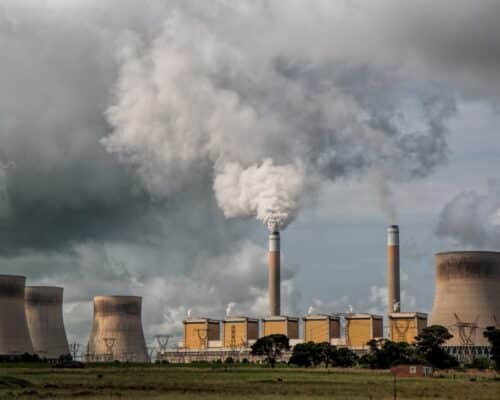
Why Does Japan Rely on Fossil Fuels?
Japan is often overlooked in the conversation about the biggest climate offenders. However, in their current form, Japan’s plans for “clean coal” and hydrogen pose a major risk, extending the life of fossil fuels.

Op-Ed: Implementing Indonesia’s JETP Plan Requires Prioritisation, Processes and Transparency
Indonesia recently released its Comprehensive Investment and Policy Plan (CIPP), which aims to codify its JETP-related green transition policy and investment needs in one place. The CIPP is a significant step in detailing the country’s decarbonisation goals and path to achievement. Yet, examining its contents objectively and identifying necessary actions to guarantee decarbonisation and economic prosperity is important.
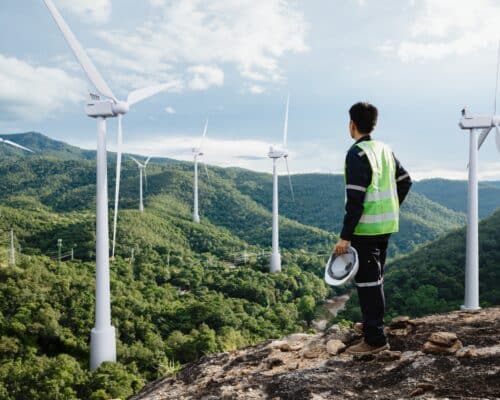
Op-Ed: Seizing Green Job Opportunities Through Climate Policy and Education Transformation
Since the Paris Agreement at COP 21, the World Economic Forum stated that the increasing number of green jobs has not been followed by increased human resource capacity that can keep up with emerging new jobs in the green sector. With Indonesia's upcoming elections set to take place in 2024, will politicians try to win the votes of young voters with a more robust framework for green jobs?

The Problem With Japan’s Carbon Neutrality Targets and Climate Strategy
Japan is a hotspot for technology advancements, research and development. Few can rival its ability to create and scale new technologies and bring them to the market. Yet, the leadership has been questionable at best regarding climate progress and energy policy ambition.

How To Avoid Greenwashing
Greenwashing threatens the global environmental movement, from the renewable energy transition to conservation. Additionally, it is damaging for both consumers and businesses. Understanding the basics of how to avoid greenwashing goes a long way to limiting its intentional and unintentional use.
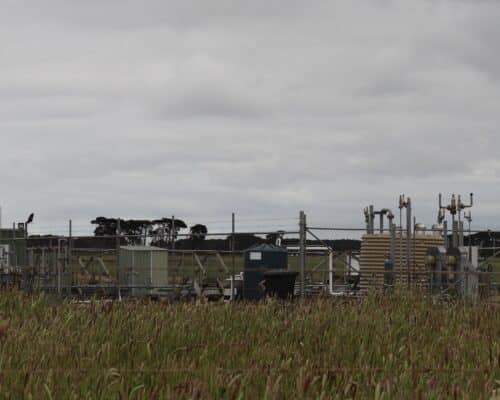
Australia’s CCS Expansion Poses More Risks
Australia is encouraging oil and gas companies to create CCS ventures; they are also paying them to do so with the issue of Australian carbon credit units (ACCUs) under the Emissions Reduction Fund (ERF) backed by the Australian government. The addition of CCS will lead to a net increase in GHG emissions, putting the world at risk of failing to meet CO2 reduction targets consistent with the Paris Climate Agreement’s aim of keeping the rise in global average temperatures to 1.5°C.
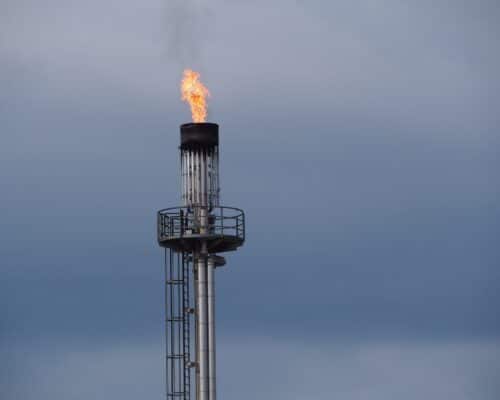
The IEA’s World Energy Outlook 2023: Global and Asian Gas Demand to Peak by 2030
The International Energy Agency (IEA) reports that while clean energy adoption is accelerating rapidly, current policies will still push global warming to 2.4°C, far beyond the Paris Agreement's target. Global leaders must make COP28 count by pledging to achieve the IEA's five pillars for getting back on track.

Japan Puts the G7 Climate Leadership at Risk
The fight against climate change started in Kyoto in 1997, with Japan at the helm. 25 years later, instead of leading it, Japan is stalling, and time is slipping away. This is having consequences for the world and the rest of the G7.

Greenhushing vs Greenwashing: Tackling Sustainability Misinformation
Greenwashing has a long history, with several high-profile cases taking place in the public sphere. Greenhushing is the newer approach to sustainability misinformation but is just as harmful to global climate action. Understanding both strategies is critical to keeping companies accountable for their corporate sustainability aspirations.

Tech Supply Chain Decarbonisation and Apple’s New Commitments – Podcast
The Energy Insights podcast speaks with Katrin Wu at Greenpeace East Asia about supply chain decarbonisation in the technology industry.
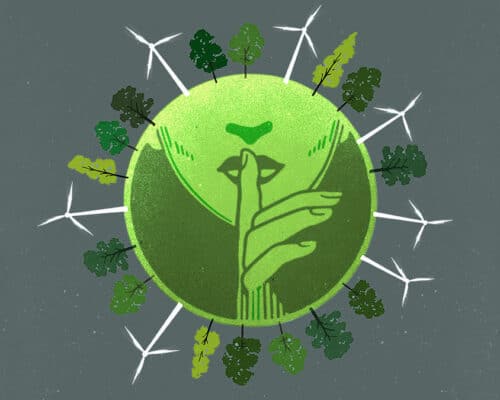
Greenhushing: The Silent Barrier to Global Sustainability
Sustainability has been steadily increasing in the corporate world due to public, regulatory and financial pressure. As a result, some companies have fallen back on greenhushing to reduce public awareness of their environmental impacts and to appear more sustainable.
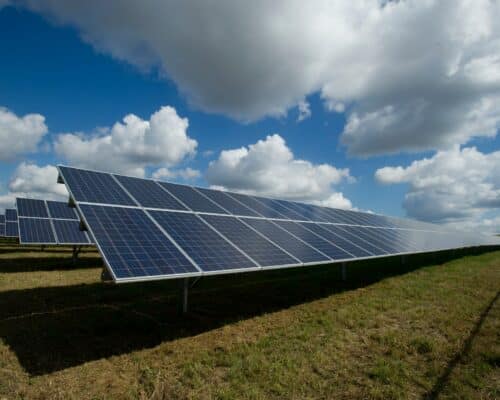
Southeast Asia Prefers Renewables, But Misplaced Fears of High Costs Delay Adoption
Southeast Asia has immense clean energy potential, and experts estimate that capitalising on it will unlock massive gains. With renewables being the cheapest source of new power in countries comprising two-thirds of the global population and responsible for 90% of electricity generation, switching to renewables will help Southeast Asian countries ease the burden of fossil fuel subsidies on their economies.
Most Popular
Most Popular
Categories
-
10
-
34
-
126
-
4
-
17
-
46
-
52
-
11
-
10
-
15
-
24
-
6
-
6
-
273
-
199
-
17
-
24
-
1
-
1
-
23
-
39
-
44
-
87
-
18
-
86
-
41
-
17
-
10
-
43
-
46
-
86
-
292
-
21
-
44
-
36
-
10
-
42
-
36
